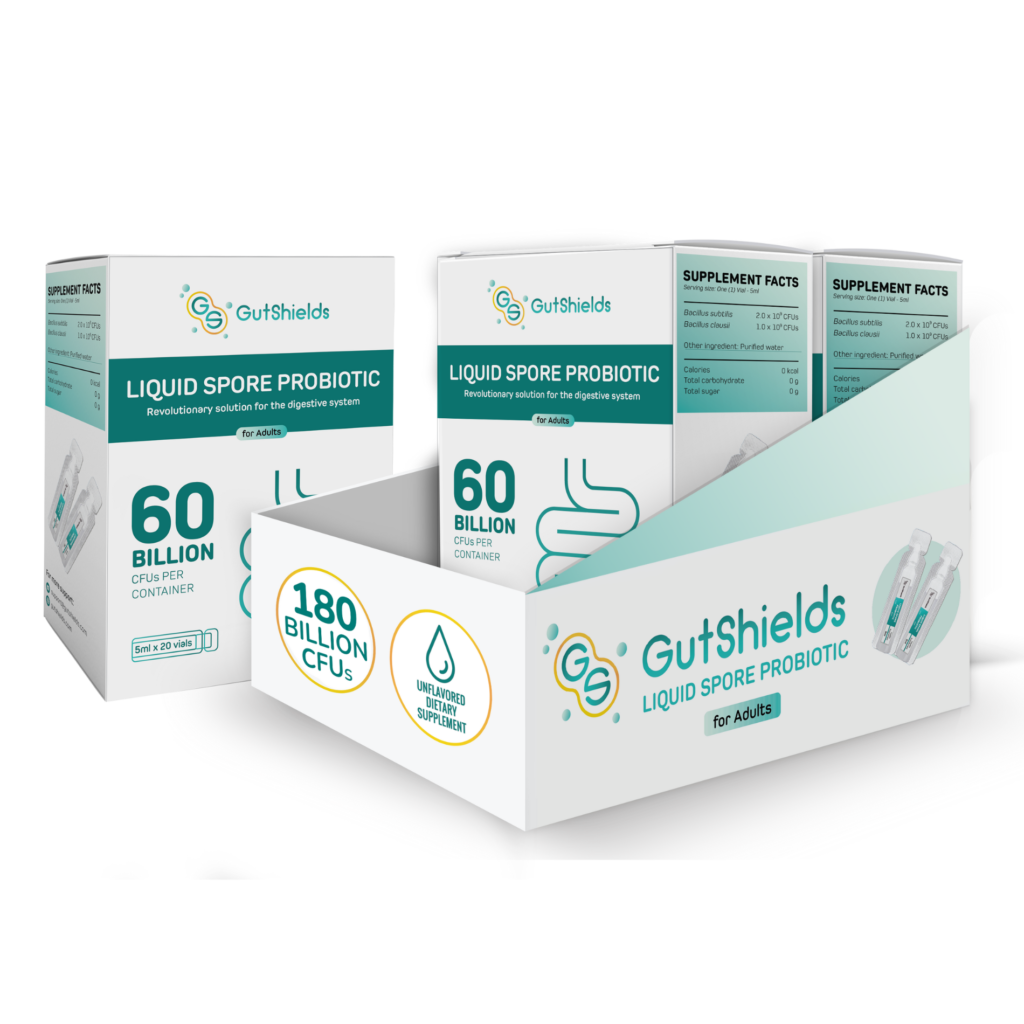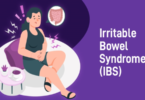If you have IBS, you may have been told, or assumed, that probiotics could backfire — making your symptoms worse. Maybe you tried a probiotic once and experienced more bloating, more gas, or even new discomfort. Maybe you heard stories online that probiotics made someone “flare up.”
I’ve been there. I avoided probiotics for years because I didn’t want to take that risk. And when you’re already dealing with unpredictable bowels, the last thing you want is another variable.
But I eventually learned that my fear wasn’t rooted in science — it was rooted in misinformation and the wrong kind of probiotic.

Why Some Probiotics Make You Feel Worse — But It’s Not the Whole Stor
Not all probiotics are created equal. Most store-bought probiotics contain fragile strains of Lactobacillus and Bifidobacterium that:
- Don’t survive stomach acid
- Are highly fermentable (leading to gas in sensitive guts)
- Aren’t shelf-stable and degrade quickly
- Can overstimulate an inflamed gut lining
This is especially problematic for those with IBS-D (diarrhea-predominant) or IBS with SIBO, where excess bacterial fermentation is already a root issue.
In these cases, traditional probiotics may not help — and might even contribute to symptoms like bloating, discomfort, or urgency.
But that’s not a reason to give up on probiotics altogether.
Enter Spore-Based Probiotics — A Game-Changer for IBS
Spore-forming probiotics (like Bacillus subtilis, Bacillus coagulans, and Bacillus clausii) are different from typical probiotics. They:
✅ Survive stomach acid and reach the intestines intact
✅ Don’t overpopulate the small intestine (SIBO-safe)
✅ Help regulate immune function and reduce inflammation
✅ Are anti-microbial toward harmful overgrowths like Candida or Pseudomonas
✅ Support gut lining repair and reduce leaky gut
In fact, several studies have shown that spore probiotics outperform traditional probiotics in restoring microbial diversity and reducing symptoms in IBS patients.
What Changed for Me?
When I finally tried a liquid spore probiotic, I was cautious. I started with a tiny dose — half of the recommended amount — and gave my body time to adjust.
To my surprise, I didn’t feel worse. In fact, within a few days:
- My bloating was noticeably reduced
- My urgency calmed down
- My mood stabilized
- My energy improved (yes, your gut affects your brain)
And most importantly: my fear of probiotics faded.
Key Takeaway: Don’t Give Up — Get Informed

If probiotics haven’t worked for you in the past, you’re not alone. But that doesn’t mean all probiotics are bad — only that you may have been using the wrong type for your gut condition.
You don’t need to rush. Start small. Choose a clinically-backed, spore-based probiotic like Liquid Spore Probiotic by GutShields — specially formulated for sensitive guts, including IBS, SIBO, and post-antibiotic recovery.
Final Thoughts
Your gut deserves support, not fear.
You are not “too sensitive.” You just need the right approach.
If you’ve been avoiding probiotics because you thought they’d make you worse — maybe now is the time to reconsider.
You could be one dose away from feeling like yourself again.
And you deserve that.










